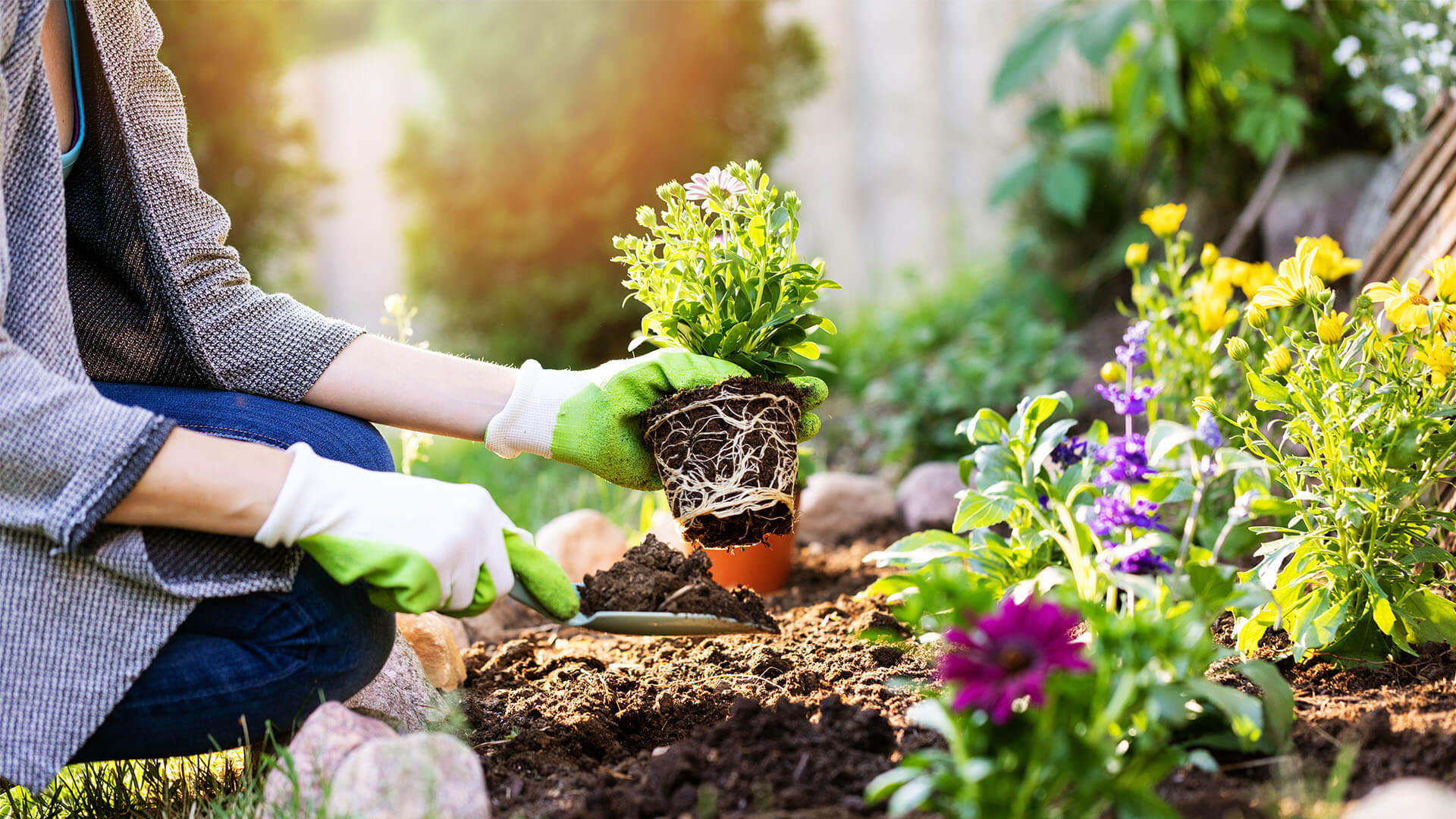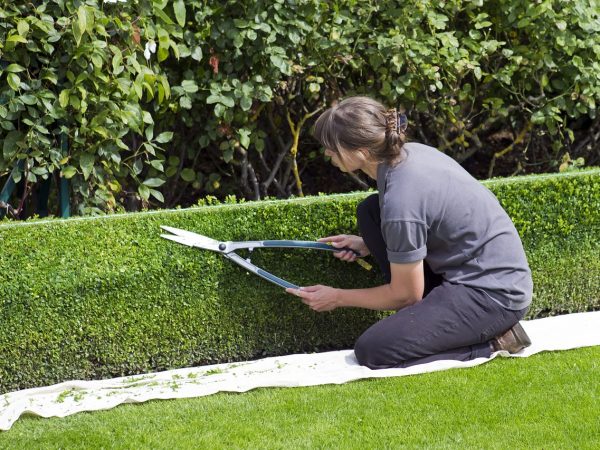Gardening Tips For Beginners
Whether you are a new gardener or a seasoned gardener, there are plenty of gardening tips that you can use to ensure that your plants grow to their full potential. These tips can help you prevent weeds from sprouting, attract beneficial insects to your garden, and even reduce the size of your lawn.
Avoid salt deposits on clay pots
Keeping your clay pots clean can prevent disease and pests from spreading. You can use a sanitizing solution to clean your pots. The best way to do this is to wash them with a bleach solution. This will remove any white markings or buildup that may appear.
You can also use a vinegar to water solution to clean your pots. This will dissolve any mineral salts that may have built up on the pots. The solution will also kill any disease spores that may be present in the pots.
You can use a scrubbing brush or a wire-bristle brush to remove the buildup. You can also use a knife to remove the deposits. You may want to soak the pots in a sanitizing solution to completely disinfect the pots.
Prevent weeds from sprouting
Using a pre-emergent herbicide is a good way to prevent weeds from sprouting when gardening. It works by entering the soil and killing weed seeds before they sprout. This is especially effective against annual weeds.
Another good way to prevent weeds from sprouting is to plant a cover crop. This is a crop that grows during the cooler months of the year. When planted, the cover crop will compete with weeds for light, water, and nutrients.
If you don’t want to plant a cover crop, you can use organic methods to prevent weeds from sprouting. For example, you can use coffee beans or wood chips to mulch the area. This will keep the soil from drying out and prevent weeds from sprouting.
Start your seeds in eggshells
Using eggshells to start seeds is a fun and educational way to teach children about the importance of recycling and to learn about growing food. Eggshells are rich in calcium and can help plants build their resistance to pests and diseases.
Eggshells are also a great way to teach children how to compost. Eggshells contain nutrients, calcium, and nitrogen that add to the soil. They can also help your plants avoid snails and slugs. They can be used as a mulch.
Whether you plan to plant your seedlings outside or indoors, you should first start them in a sterile potting soil or eggshell seed starter. You can buy a seed starter mix at a local garden shop or hardware store. Once your eggshell seed starter is filled with potting soil and seed starting mix, place the container in a sunny window.
Reduce the size of your lawn
Whether you are a newbie or a seasoned landscaper, reducing the size of your lawn is a great way to save money and time. In addition to saving you money, it can also beautify your yard and reduce pollution from lawn equipment.
There are a variety of ways to do this. One of the easiest ways to reduce the size of your lawn is to replace a few areas with pavers or bricks. Another great way to cut the size of your lawn is to plant trees. Having trees in your landscape provides a lot of shade, which means less watering is required.
Attract insects to your garden
Creating an insect-friendly garden can help you to get closer to nature. You’ll be able to take a step back from the hectic modern world and relax in the great outdoors.
To make your insect-friendly garden work, you need to offer your insects some of the best things nature has to offer. This may involve providing them with a source of nectar, or a food source.
One of the best ways to do this is to provide a source of water for your insects. A good water feature will attract a variety of creatures and reduce the stress on pollinators.
Another way to create an insect-friendly garden is to provide a sheltered space for them to gather. This can be accomplished by building a rock or log pile near longer vegetation.
Preventing pests
Keeping pests away from your garden is an essential part of growing healthy plants. Some pests are harmless while others are damaging. You should know the signs of infestation so you can get the right treatment for your plants.
The first thing you can do to prevent pests is to build healthy soil. This soil is alive with beneficial microbes that keep your plants healthy. You can also add natural fertilizers to your garden soil to encourage healthy soil life.
In addition to soil amendments, you can also use beneficial insects to keep pests out of your garden. Beneficial insects will feed on harmful bugs. Some insects will even help you grow your garden.
You should also regularly inspect your garden to look for signs of infestation. This will help you avoid irreversible damage and prevent the spread of pests.
Avoiding rabbits and raccoons
Keeping rabbits and raccoons out of your garden can be a challenge. They are not only destructive, but can also make a mess. You might want to try some solutions to keep them out.
The first and most effective solution to keep rabbits and raccoons out is to remove the food and water sources that they like to raid. You might also want to eliminate hiding spots. Sealing up crawl spaces and attics are also recommended.
Raccoons are nocturnal creatures that like to live in wooded areas. They are also resourceful animals. They will eat anything that is close enough to them. They are omnivores and like to eat vegetables, nuts, fruits, frogs, and grubs.
Raccoons are usually good jumpers and will outrun you. They are about 2 to 3 feet in length and have ringed tails. They can also climb fences and chimneys. They can also find their way into bird feeders, coops, and birdhouses.
Saving money
Getting your hands dirty in the garden is fun, but it can also save you money. You’ll have fresh food to enjoy and save money on your grocery bill.
One of the best ways to save money is to grow your own herbs. They’re cheap to grow and produce a lot. They are also easy to care for and won’t be bothered by pests.
For the most part, it’s easy to find cheap garden tools. Most supermarkets sell gardening accessories for a fraction of what you’d pay at a garden center. You’ll need hand tools, a watering system, fertilizers and plant supports.
It’s also a good idea to make your own compost. It’s inexpensive and can be used on multiple types of plants. It also helps keep weeds in check and keeps the soil nice and moist.

